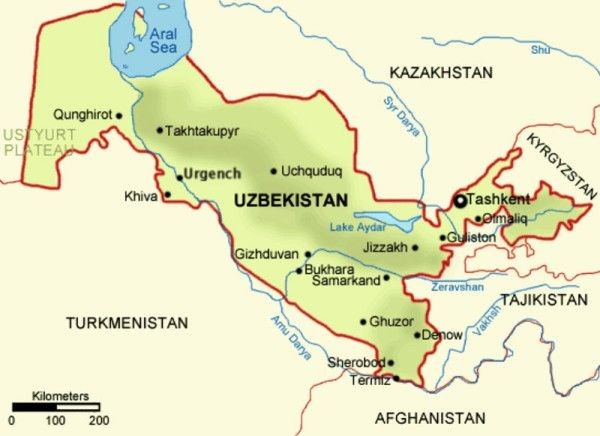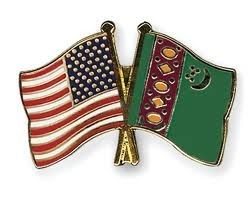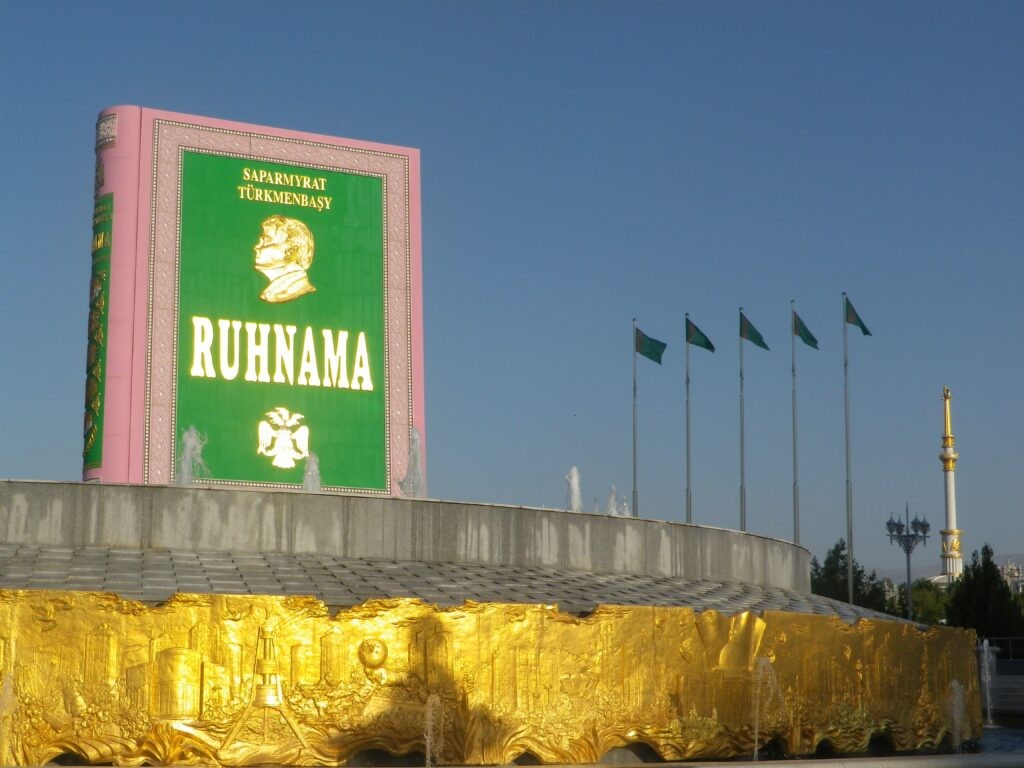BISHKEK (TCA) — At its forum event in Washington, DC last week, the Central Asia-Caucasus Institute (CACI) released “Uzbekistan’s New Foreign Policy: Change and Continuity under New Leadership,” a Silk Road Paper by Richard Weitz, published by the Central Asia-Caucasus Institute and Silk Road Studies Program, Joint Center.
The Silk Road Papers Series is the Occasional Paper series of the Joint Center, and addresses topical and timely subjects. The Joint Center is a transatlantic independent and non-profit research and policy center. It has offices in Washington and Stockholm and is affiliated with the American Foreign Policy Council and the Institute for Security and Development Policy. It is the first institution of its kind in Europe and North America, and is firmly established as a leading research and policy center, serving a large and diverse community of analysts, scholars, policy-watchers, business leaders, and journalists.
The new Paper says that since Uzbekistan gained independence in 1991, its government has sought to maximize its national security and sovereignty by limiting dependence on foreign actors. This priority has continued under former President Islam Karimov and current leader Shavkat Mirziyoyev. Mirziyoyev’s foreign policy builds upon that of Karimov. Even as Tashkent has recently sought to improve ties with Central Asian neighbors and deepen relations with some international institutions, the Uzbek government still strives for balanced relations with external great powers like Russia, China, and the United States.
“Uzbekistan foreign policy tactics have clearly changed over the past year following Mirziyoyev’s ascent to the presidency. A flurry of significant new policy initiatives has differentiated his foreign policy from that of his predecessor. Uzbek officials have emphasized more the imperative of cooperating with other Central Asian countries, while Uzbek leaders have adopted a more amicable tone with all their regional counterparts.
“Uzbekistan’s expanded engagement with foreign partners and international institutions contributes to improved relations with its Central Asian neighbors. Recent Uzbek initiatives have led to the construction of new transportation infrastructure, economic deregulation to simplify business entrepreneurship, liberalizing of national currency controls, and other market-oriented reforms in pursuit of Uzbekistan’s goal of becoming a regional transportation and investment hub. These new tactics should help Uzbekistan better leverage its natural advantages, such as its pivotal geographic location. In particular, Uzbekistan is strategically positioned to benefit from China’s infrastructure investment across Eurasia. Besides developing additional economic connections, the Uzbek government’s new foreign policy approach could also generate social and economic opportunities for its citizens, strengthen the regional capacity to manage transnational threats, raise Uzbekistan’s foreign economic profile beyond Central Asia, and help maintain geographic pluralism in the heart of Eurasia,” the Paper said.







